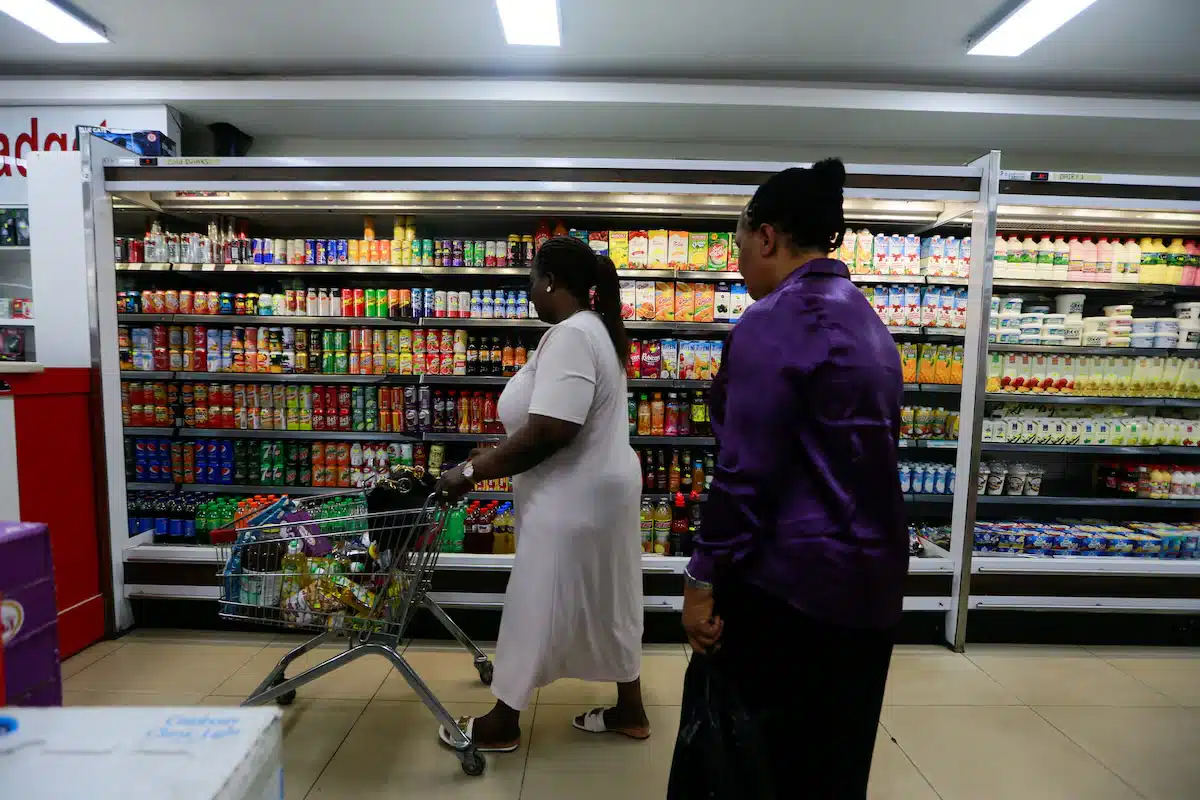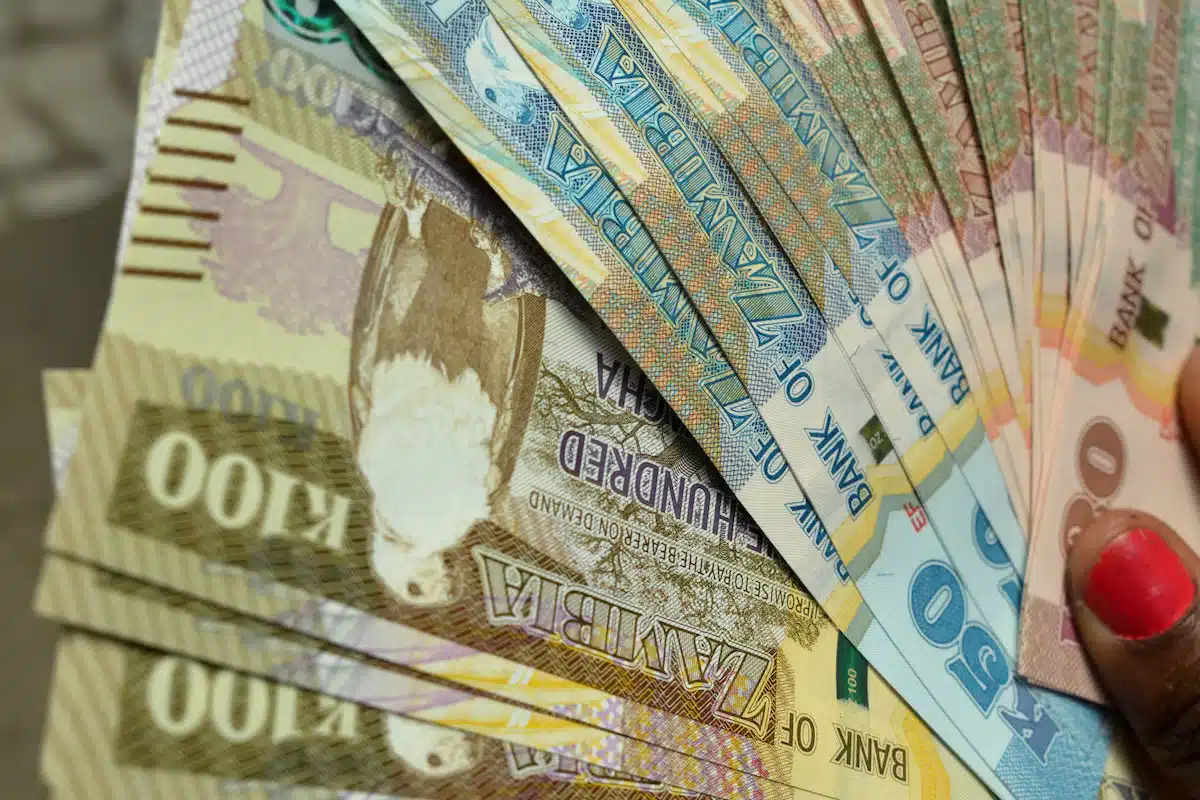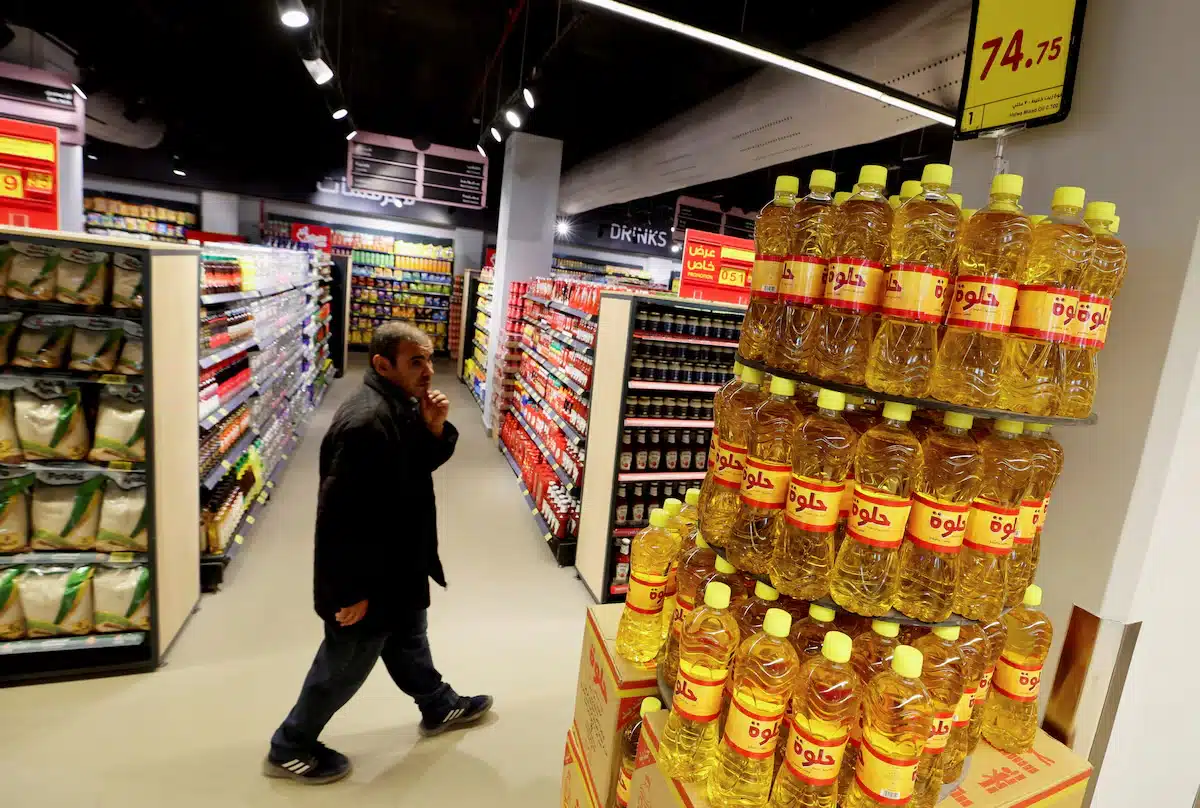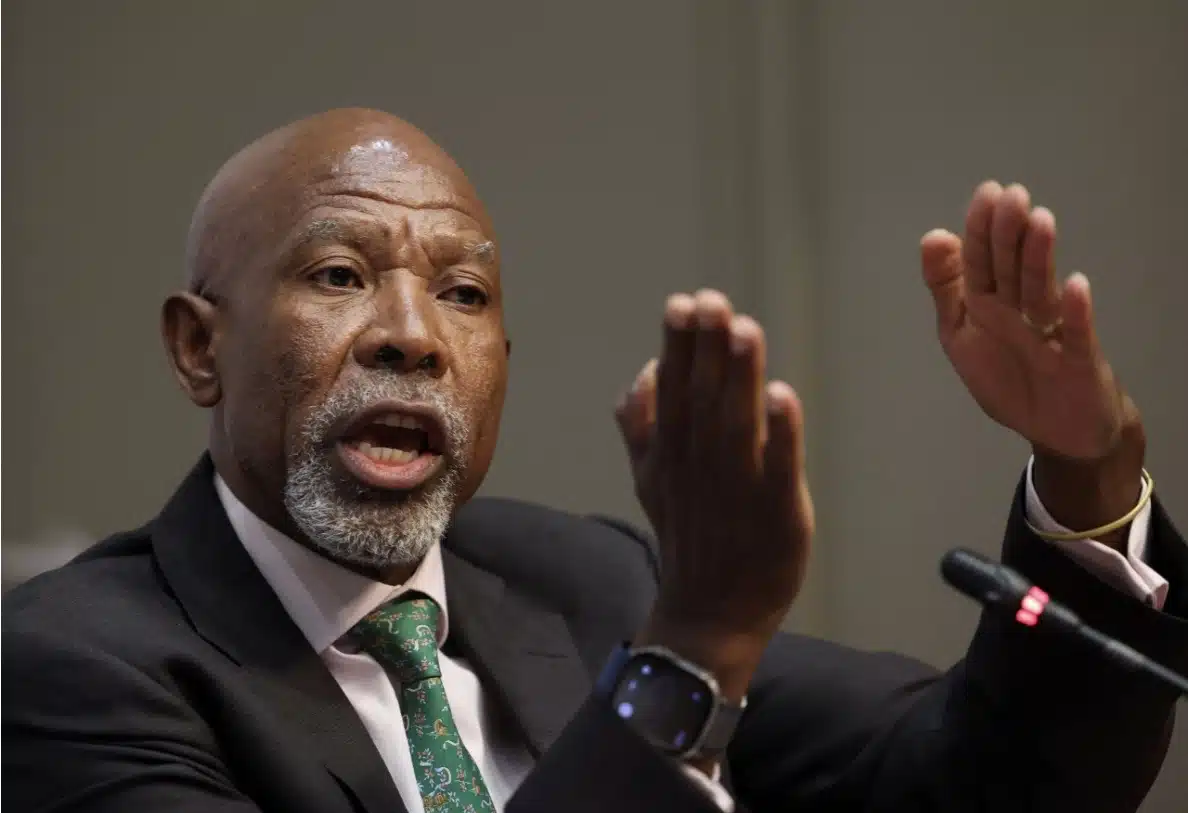Nigeria’s headline inflation fell for the fifth consecutive month to 20.1% in August 2025, easing from 21.8% in July, according to figures released by the National Bureau of Statistics (NBS) on Monday.
The 1.7 percentage-point decline marks the sharpest monthly drop since April, when consumer prices resumed a downward path.
The latest data show that inflation in Africa’s most populous nation has eased in seven of the eight months of 2025, reinforcing a disinflationary trend despite a brief uptick in March.
“In August 2025, the headline inflation rate eased to 20.12% relative to the July 2025 headline inflation rate of 21.88%,” the Consumer Price Index report stated. “Looking at the movement, the August inflation rate showed a decrease of 1.76% compared to the July inflation rate.”
On a year-on-year basis, consumer prices fell sharply, dropping 12 percentage points from 32.1% in August 2024, reflecting the effect of a high base year. Monthly inflation also eased to 1.2% from 1.9% in July, supported by a moderation in food prices.
Food inflation slowed to 21.8% after climbing to a five-month high of 22.7% in July from 21.9% in June. On a month-on-month basis, food prices declined more rapidly, falling to 1.6% in August from 3.2% previously.
The NBS attributed the improvement to softer price growth in staples including rice, maize, millet and guinea corn.
Core inflation, which excludes food and energy costs, also moderated, easing to 20.3% in August from 21.3% in July and 27.5% a year earlier. However, underlying pressures remain evident.
“On a month-on-month basis, the core inflation rate was 1.43% in August 2025, up by 0.46% compared to July 2025 (0.97%),” the NBS noted.
Disinflation mirrors regional peers
Nigeria’s easing headline inflation reflects a broader trend across key African economies in August, with Kenya standing as the outlier.
In Egypt, price pressures cooled for the third consecutive month, with annual inflation slowing to 12% from 13.9% in July. The print marks the lowest rate in nearly three and a half years and provides the central bank with additional scope for further interest-rate cuts.
Ghana’s disinflation momentum also gathered pace. Inflation eased to 11.5% in August from 12.1% the previous month, extending an eight-month run of declines and marking the lowest reading since October 2022. The deceleration was largely driven by softer food prices.
By contrast, Kenya, East Africa’s largest economy, saw consumer prices accelerate for a second straight month, climbing to a 14-month high of 4.5% in August from 4.1% in July.
The uptick followed the Central Bank of Kenya’s decision to lower its key rate by 25 basis points to 9.5%, citing contained inflation that remains comfortably within its target band.
Cooling prices give room for monetary easing
In Nigeria, the latest slowdown gives the Central Bank of Nigeria (CBN) more room to consider its first rate cut in five years.
Governor Olayemi Cardoso had earlier this month signalled a potential reduction in the benchmark rate, which would pause a long-standing tightening cycle as investor confidence improves.
The CBN hiked its policy rate six times last year to 27.5% in an aggressive bid to tame inflation. In 2025, however, the bank has kept rates unchanged across three consecutive meetings, even as disinflation has gained traction.
With the next Monetary Policy Committee meeting scheduled for September 23–24, investors and market watchers are closely monitoring to see whether the regulator will pivot towards easing.










